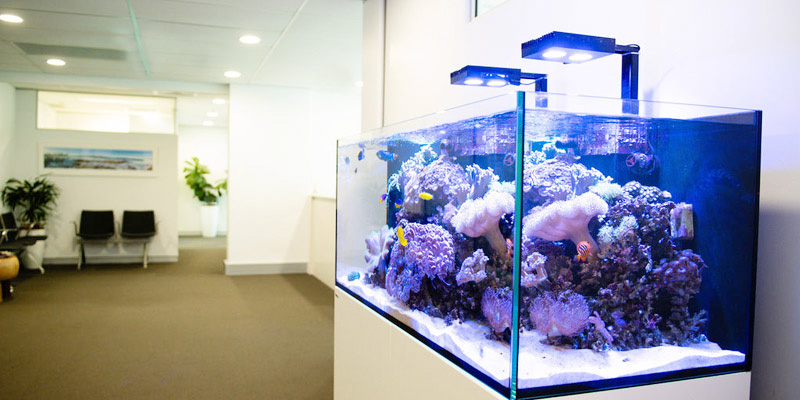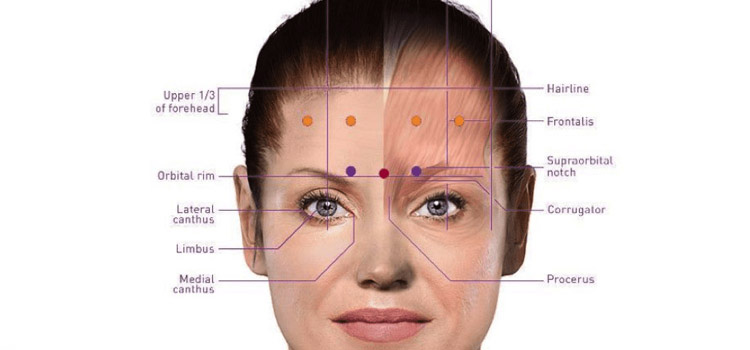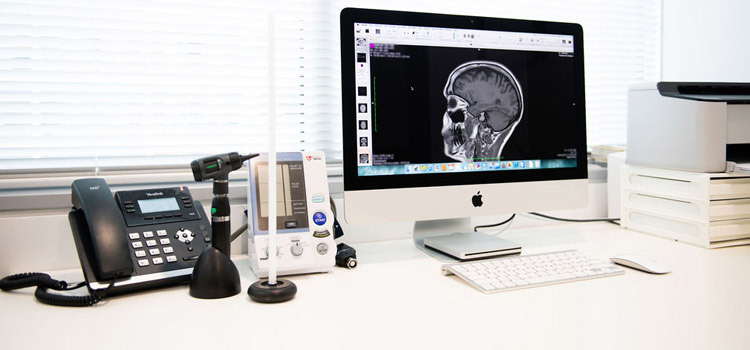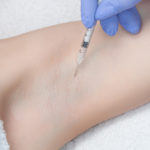procedures
Our neurologists perform a number of procedures to help treat neurological conditions.

Migraine injection sites photo credit to migrainepal.com
Injection Therapy (using PBS Schedule 4 substances) is sometimes used to treat chronic migraine, some movement disorders and muscle spasticity. The procedure involves intramuscular injection of these products, which acts as a muscle relaxant. Sometimes the injections are guided by EMG or live ultrasound imaging.
A Medicare rebate is available for injection therapy for the following conditions:
- Hemifacial spasm (facial twitching)
- Blepharospasm (eyelid twitching)
- Focal dystonia (abnormal muscle movements)
- Chronic migraine
- Cervical dystonia (spasmodic torticollis)
- Hemifacial spasm
- Blepharospasm
- Limb spasticity due to stroke or cerebral palsy
- Primary hyperhidrosis
Botulinum toxin may also be useful for other neurological conditions such as:
- Focal dystonia
- Sialorrhoea (excess salivation/drooling)

Injection Therapy for Hyperhidrosis
Hyperhidrosis is a chronic medical condition that can cause excess sweating in the axillae (underarms), hands, feet or face. It can be a disabling condition but thankfully effective hyperhidrosis treatment is available.
We provide bulk billed treatment of axillary hyperhidrosis (underarm) and also offer treatment of hyperhidrosis of the hands, feet and head (fees will apply). For more information go to our affiliated clinic; Sydney Sweat Clinic
Pain caused by injury or irritation of a nerve may be improved by an injection of local anaesthetic with or without anti-inflammatory steroid around the nerve. Your doctor may recommend that you have this procedure performed. These procedure are commonly performed using ultrasound guidance of needle placement.
Examples of nerve blocks include:
Injection around the greater occipital nerve at the back of the head for headache and migraine.
Injection around the median nerve at the wrist for carpal tunnel syndrome.
Injection around the lateral femoral cutaneous nerve at the hip for meralgia paraesthetica (thigh tingling).
Northern Beaches Neurology takes the prevention, control and management of the risk of infection seriously. Prevention is an important part of infection control because not all infections will have symptoms that would be detected in the course of a routine history and medical assessment.
Our infection control policy adheres to the best available evidence on the topic. It is followed by all staff who come into contact with patients.
We take the following steps to protect patients from infection:
- Use of protective equipment such as gloves.
- Thorough cleaning and disinfection of ultrasound equipment.
- Use of sterile gel and protective cover for ultrasound equipment
- Maintenance of a clean environment for patients and their families.
- Appropriate handling and disposal of clinical waste.
- Hand hygiene

Prior to any procedure your doctor will explain what is involved in the procedure, the expected outcomes, and possible risks and side effects of treatment. Written information is available for you to read prior to the procedure. You will be given the opportunity to ask any questions about the procedure. You may be required to sign a consent form prior to the procedure.




